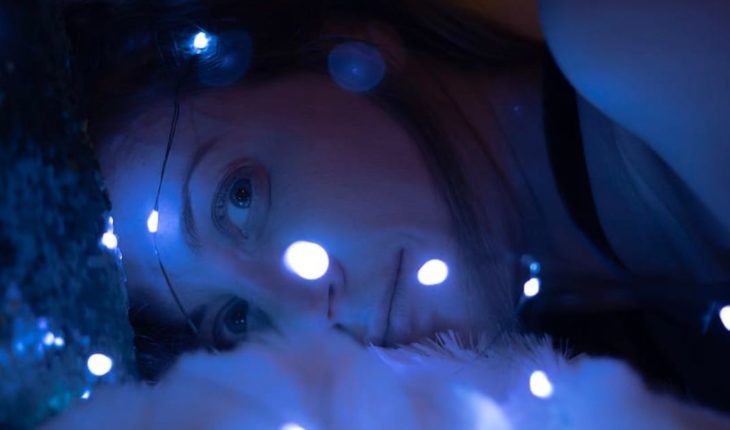For 15 days, Google searches about insomnia have been on the rise. And it’s not for nothing. Sleep disorders are characterized by abnormal sleep patterns that interfere with our physical, mental and emotional functioning.As we have already discussed here in Filo.news, the confinement situation makes us prone to developing anxiety. Insomnia in these cases is a response caused by hypervigilance. Hypervigilance is an increased state of sensory sensitivity accompanied by an exaggerated intensity of behaviors whose purpose is to detect activity in the environment. In particular, any activity that may be threatening to us. Insomnia is therefore a way to keep us alert to the imminence of a perceived or imagined danger. Our routines during quarantined days, particularly those that force us to go out on the street cause us to be constantly alert to detect any potential danger of contagion. We take public transport to go to work, which makes us worry about the distance we keep with other passengers. We wonder if the handlebars of the trains we take from have been touched by other people or if a person coughing in our wagon has Coronavirus.Practically all activity outside our home during these days is atypical. Deserted streets, queues to enter supermarkets, people with gloves and masks on the street, unusually high street force activity, speakers at stations, supermarkets and street patrolmen issuing precautionary messages and reminding us that being outside our home, we are at risk. Our brain is a sophisticated biological machine that developed predictive algorithms over hundreds of millions of years of evolution that have been perfected for a particular function: calculating the probability of risk and implementing behaviors for keep us alive. This is how any threatening situation puts our system on alert. If we add to this the cognitive component, this means that while we can already be safe in our homes, our minds can remain in the previous moments where we experience all these sensations and experiences. So sometimes we keep wondering if what we did during the day exposed us and we’re bringing the virus to our homes. Or we think, very often and without an answer, the longer we must live this situation until a few weeks ago atypical and worthy of a film of apocalyptic fiction. All these factors plot that when it comes to wanting to fall asleep, the task, for some people, becomes an impossible mission. Insomnia when it just develops is an indicator of stress. If this endures over time and we are not able to establish coping strategies, it can be a clear indicator that we may be entering a depressive picture. Sleep disorders, in addition to causing exhaustion, interfere with and impair our quality of life and have the potential to evolve into more severe clinical tables if they are not treated or mitigated. If you have insomnia, you can put these tips into practice to combat the effects of anxiety. If you think this isn’t enough, consider contacting a mental health professional.
translated from Spanish: Why does insomnia increase during quarantine?
March 30, 2020 |





